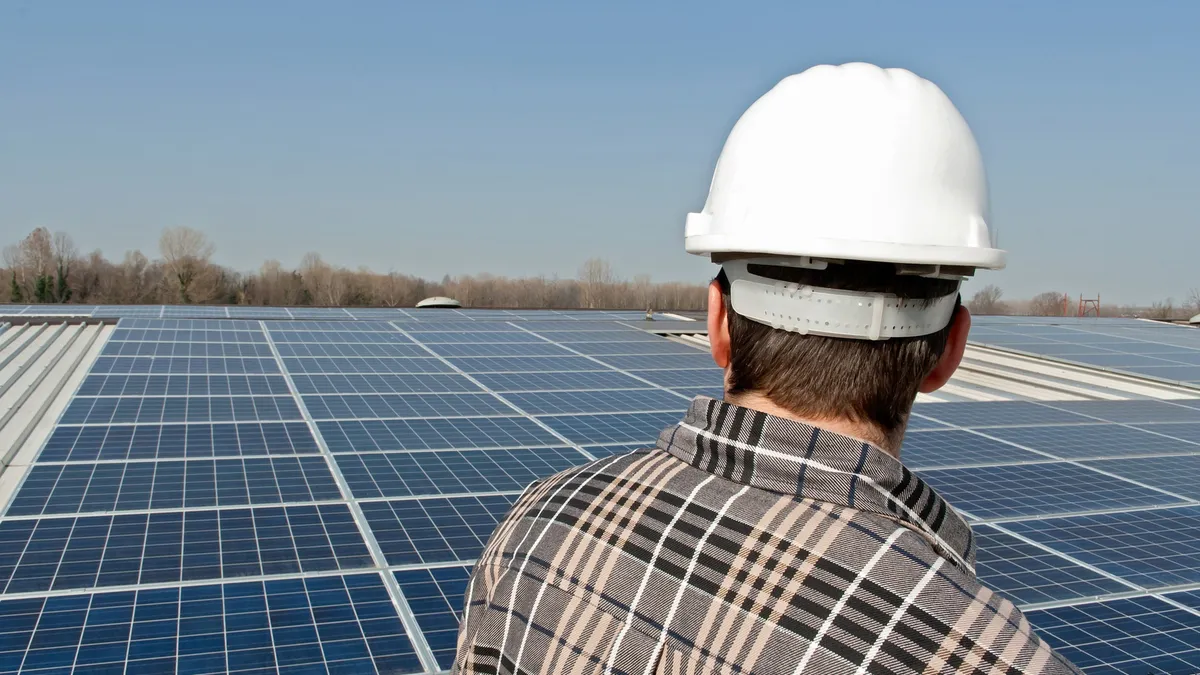Dive Brief:
- An independent engineer (IE) appointed by the Minnesota Public Utilities Commission (PUC) filed criticisms of Xcel Energy’s cost estimates, interconnection processes, and cooperation with developer SunShare on the Becker solar project, part of Minnesota’s solar garden program.
- In an appeal (docket 15-786), Xcel acknowledged its processes had “not been perfect since first establishing the community solar gardens program.” The utility said it took the criticism “seriously,” but said the engineer's criticisms were “unfair” and requested reconsideration by the commission.
- SunShare has argued that Xcel’s inaccurate cost estimates and unjustified fees potentially limited developers’ ability to price solar equitably, and that Xcel’s interconnection studies wrongly changed the Becker project's capacity from 5 MW to 3.5 MW between August 2015 and February 2016.
Dive Insight:
Xcel acknowledged faulty computer modeling for the Becker interconnection in its filing, but said “the IE’s characterization of our estimates is unfair” because it separates out “individual components” rather than looking at “total project” numbers.
Although Minnesota had only 14 MW of solar installed at the end of 2014, Xcel has since reviewed approximately 1,000 community solar interconnection applications in the state.
Projects representing 150 MW are currently in development or construction and the utility is studying projects representing 622 MW. But so far, only one project, representing less than 1 MW, is online.
Lengthy disputes between Xcel and developers about the size and arrangement of community solar facilities has stalled development of the statewide program, hailed as a breakthrough for shared renewables in the Midwest when it was announced in 2014.
Difficulties for utilities in realizing the full potential of community solar programs are not uncommon, according to a new report from the Pacific Consulting Group. Unfamiliarity of consumers with shared solar programs has pushed the need for more marketing and other customer acquisition efforts. As a result, the community solar market growth forecast this year is 20% lower than it was last year, the consultants wrote in Greentech Media this week.
If utilities can sort through those issues, the potential could be immense. A report last year from the National Renewable Energy Laboratory estimated 49% of households and 48% of businesses are currently unable to host a PV system and could be served by community solar.














